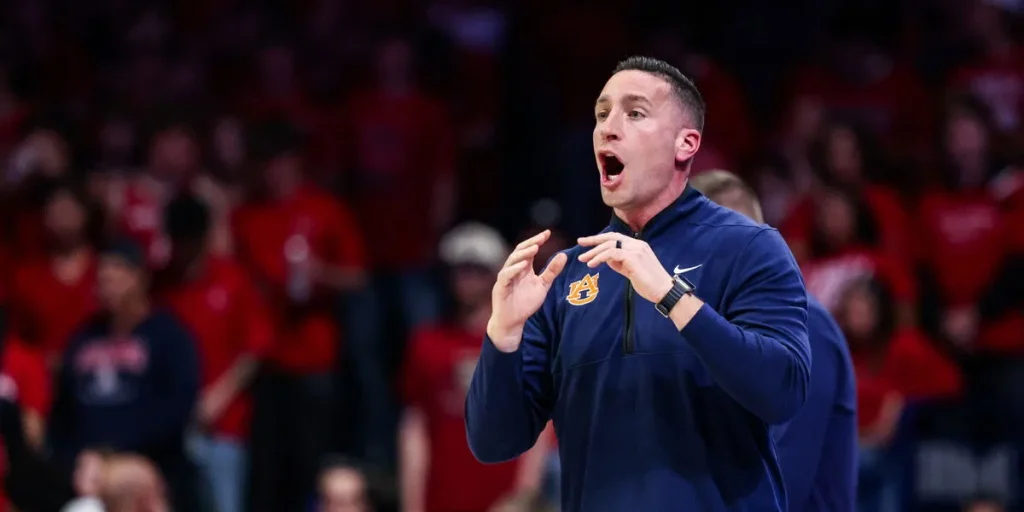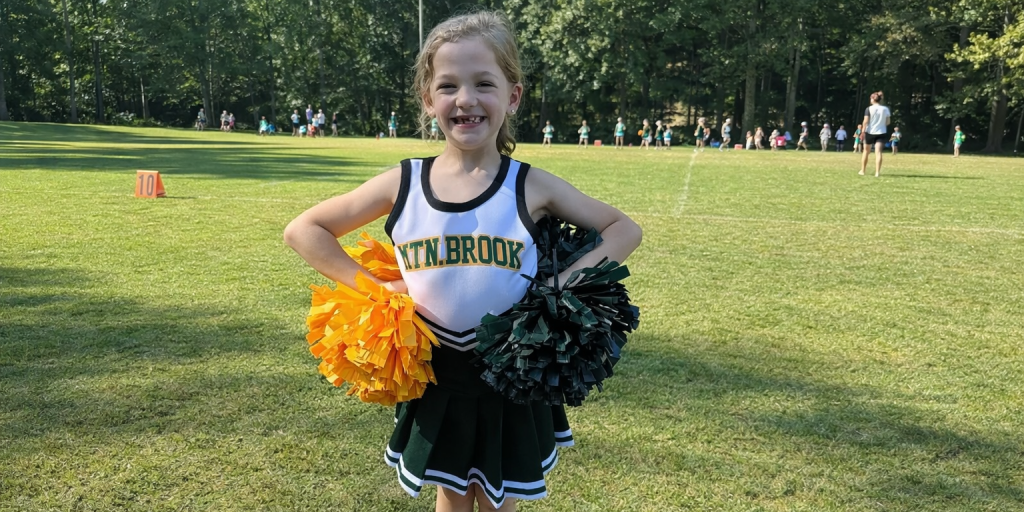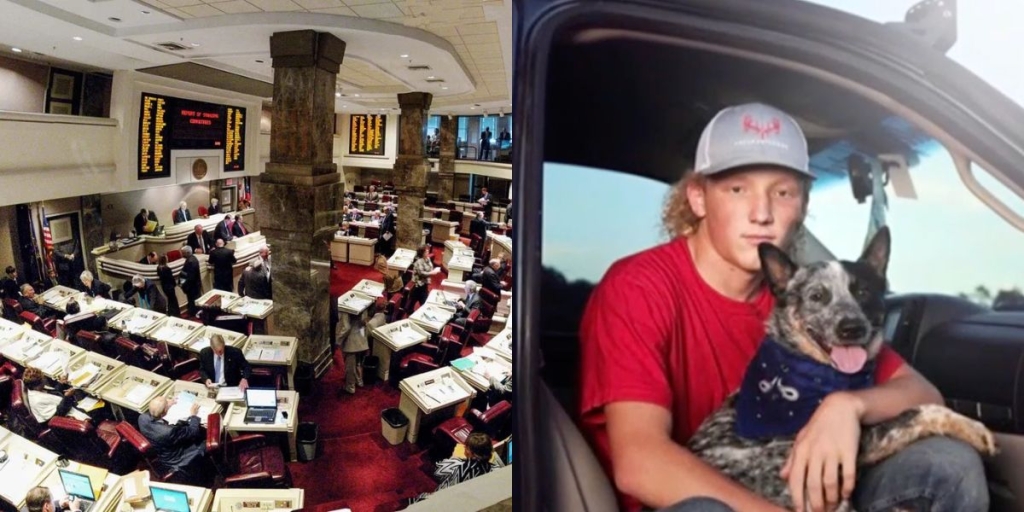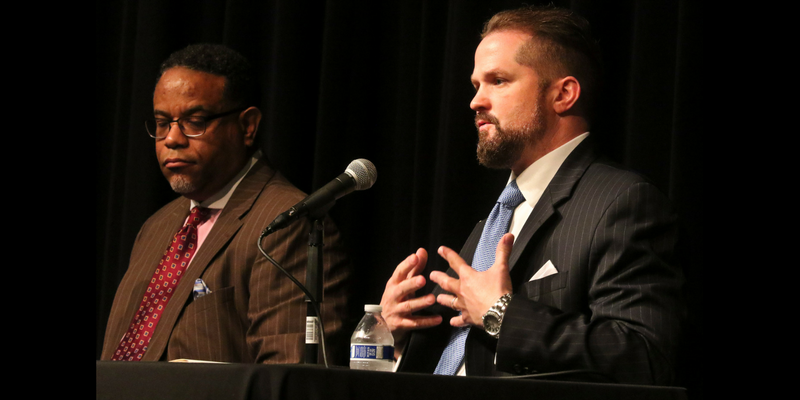
(Opinion) An important front-page story at Al.com could easily become lost in the barrage of major national stories erupting over the past week. This story involves the all-important issue of academic freedom for an Advanced Placement American Government (AP) teacher in Spanish Fort, Alabama. According to the article by John Sharp, the teacher is conservative in his political views and expresses these views with his students.
My initial instinct is to defend what appears to be an innovative teacher’s effort to energize students to get involved in issues important to them and to encourage them to think critically about those issues. As a former high school teacher for many years, I applaud teachers who engage students. Discussing controversial issues in class requires age-appropriate topics and maturity. Certainly, twelfth grade AP students meet that criteria. It appears from interviews with selected students that they can disagree with the teacher with no penalty. That’s a must.
Support for academic freedom does not mean a teacher is not accountable to cover material in the curriculum. AP teachers are expected to properly prepare their students for the challenging AP exams given at the end of the academic year.
For readers who are not familiar with AP courses, they are designed by the College Board and given each year in various disciplines in high schools across the nation. Students who score 3 to 5 may be granted college credit for the course in many colleges and universities. I taught Advanced Placement U.S. History and American Government for many years as a high school teacher in the Huntsville City Schools during the 1980s. The exams consisted of multiple choice and essay questions. Essays require an in-depth knowledge of the subject in order to craft a written response within a set period of time. The exams are rigorous and the teacher and students do not know exactly what they will cover. Teachers do not see the exam questions in advance and are not in the room when the exams are administered by a proctor. The article did not indicate how the teacher’s students performed on the exams.
Like some critics referenced in the article, I do have concerns about the teacher’s summer reading list that includes a number of works by Mark Levin, Michael Savage, Ann Coulter and other writers on the political right. I would be equally concerned if the list only included works by Bill Maher, Michael Moore and others considered to be on the political left. I have read selections from all of these writers and I am aware they are opinion leaders and certainly should be noted in any study of how political opinions are formed. However, none of these writers are academics and they are not noted as scholars and specialists in their field. They are in effect entertainers who have some influence on their followers.
I argue that students preparing for any AP exam would be better served by reading academic and scholarly publications that best prepare them to successfully receive college credit for the high school AP course.
During my time as an AP teacher, students were required to read conservative and liberal political economists such as Milton Friedman’s Free to Choose and John Kenneth Galbraith’s The Age of Uncertainty.
These works and related readings required students to use point-counterpoint arguments from important academics in their critical analysis. I continue to argue AP classes should include a solid readings list that enhances the likelihood of student success. There are many fine academic writers across the political spectrum that teachers could encourage students to read in preparation for the American Government AP class.
I further argue the teacher’s political leanings are not an important factor as long as students can disagree and are provided a fair and equal opportunity to debate the issues respectfully. Intense political discussions that encourage students to debate the merits of important issues in a mature classroom setting is good. Often the teacher is using this technique to stimulate students to think and challenge contrary ideas with facts. Our role as government and political science teachers is not to tell students what to think, rather to motivate them to think. If that is the mission of this teacher, he has my support.
Waymon E. Burke, Ph.D. is a history and political science instructor at Calhoun Community College’s Huntsville Campus and former Advanced Placement US history and American government teacher. Along with Dale Jackson, he also co-hosts a weekly television talk show, Guerrilla Politics, on WAAY-TV and Yellowhammer News.












